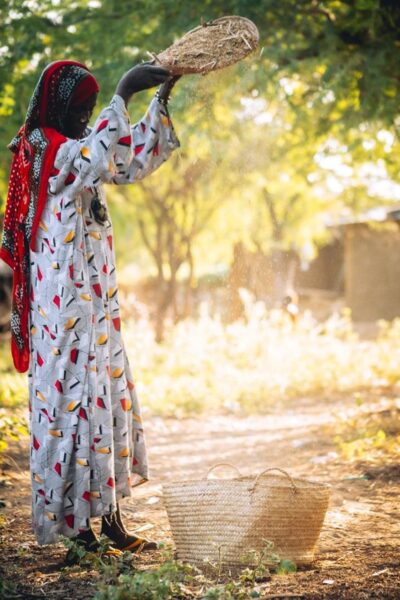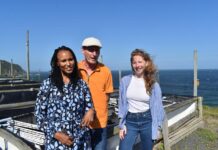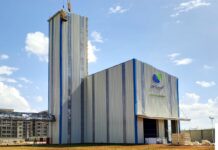The UN’s International Fund for Agricultural Development (IFAD) issued its tenth sustainable bond for 900 million Swedish Krona (SEK) under its Sustainable Development Finance Framework to two investors: Kåpan, a Swedish pension fund managing pensions for state employees, and Skandia, a Swedish insurer and repeat investor, that bought IFAD’s inaugural SEK transaction in 2024.
The proceeds of this issuance will contribute to finance IFAD’s development projects globally, focusing on transforming rural areas to become more productive and prosperous, ultimately improving the livelihoods, food security and resilience of millions of rural people. IFAD-supported projects work with rural populations to access tools, inputs, and technologies to increase production sustainably, and to access credit, markets and value chains. Through these projects IFAD provides guidance and support on best agricultural crops and practices required to adapt to a changing climate.
“We are very pleased to start the year and the IFAD13 three-year programme of work so strongly and partnering with a new like-minded investor Kåpan, a pension fund with a very strong focus on sustainable development and social inclusion. We are also very pleased for the continued support from Skandia as they are participating in one of our issuances for the second time,” said Natalia Toschi, Head of Funding, IFAD.
“We at Kåpan are very pleased with our first investment in IFAD’s funding program, which alongside a very strong credit rating offers us clear sustainable development impact targeting rural people in developing countries and helping them overcome poverty,” said Marie Giertz, Chief Investment Officer, Kåpan.
“While this type of investment contributes to generating stable returns for our customers and policyholders, it also promotes value creation and improved quality of life on a broader scale. Thus, Skandia continues to play an active role in driving more sustainable development, both in Sweden and globally. We have previously invested in IFAD and we are happy to continue supporting their investment program for rural areas in developing countries,” says Alexander Onica, Head of Fixed Income and Currency Management at Skandia.”
Small-scale farming and small and rural agri-businesses are essential components of many developing countries’ economies. Small-scale farmers produce one third of the world’s food. About three billion people live in the rural areas of developing countries and rely to a significant extent on small-scale farming for their food and livelihoods. Yet, poverty is concentrated in these areas, where about 80 per cent of the world’s extremely poor live.
In 2023, about 735 million people suffered from hunger, while nearly 700 million people continued to live in extreme poverty surviving on less than US$2.15 per day.
With investments, rural populations can turn their lives around. Estimates show that economic growth in agriculture is two to three times more effective at reducing poverty that growth generated in other sectors. Between 2019-2021, IFAD investments improved the incomes of 77 million people and improved the food security of an additional 57 million people.
For more information on the impact of IFAD bonds and how they contribute to the UN’s Sustainable Development Goals:
IFAD’s Impact Report 2023: Supporting 8 million rural people through sustainable bonds
For more information on IFAD’s funding programme visit our investors page.








